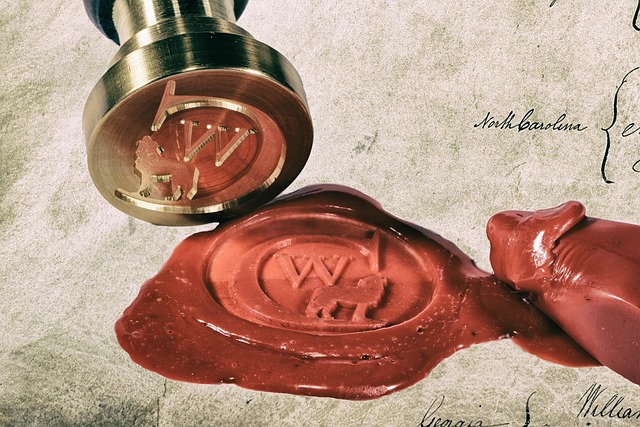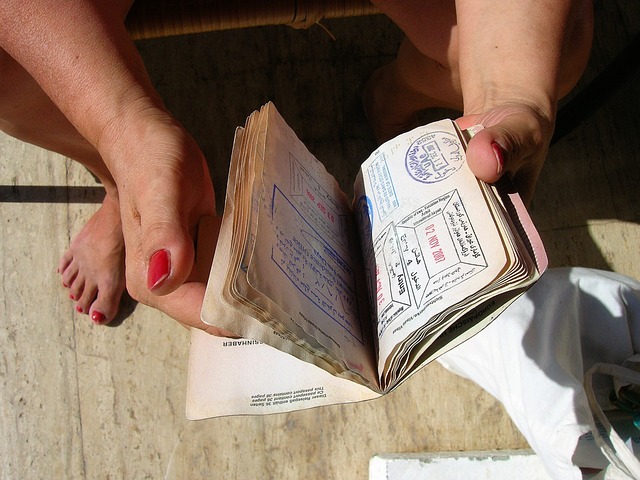Accurate translation of UK cookbooks and culinary guides is essential for international cooks due to cultural differences in cooking techniques, measurements, and ingredients. Professional translation services specializing in culinary content ensure recipes maintain their integrity, authenticity, and "taste right" by employing linguists with native-level proficiency or deep culinary expertise. These services bridge language gaps, facilitating global culinary exchange and allowing chefs from diverse backgrounds to perfectly replicate traditional dishes, enriching local food cultures worldwide.
In today’s global culinary landscape, translating recipes for international cooks is more than just a language exercise—it’s about preserving cultural heritage while fostering diverse gastronomic experiences. This article explores the intricacies of UK cookbook translation services, highlighting the importance of accurate interpretations in culinary guides. From understanding cultural differences in cooking techniques to overcoming language barriers, we delve into how professional translation services enhance global cuisine and share success stories that underscore the power of precise recipes for international cooks.
- Understanding Cultural Differences in Cooking Techniques
- The Importance of Accurate Translation for Recipe Books
- UK Cookbook Translation: Localizing Ingredients and Terms
- Overcoming Language Barriers in Culinary Guides
- Professional Translation Services for International Cooks
- Success Stories: How Accurate Translations Enhance Global Cuisine
Understanding Cultural Differences in Cooking Techniques

When translating recipes for international cooks, understanding cultural differences in cooking techniques is paramount. Different countries have distinct culinary traditions that shape how ingredients are prepared and combined. For instance, UK cookbooks often emphasize precise measurements and detailed step-by-step instructions, reflecting a methodical approach to cooking. In contrast, some continental European guides might focus more on technique and less on specific measurements, encouraging cooks to adjust according to their instincts.
Professional translation services for UK cookbooks and culinary guides must account for these nuances. They should not only translate words but also convey the underlying philosophy and methods of each cuisine. This involves not just replacing ingredients with equivalent ones from another culture but also understanding how those ingredients are typically prepared and combined in traditional dishes. Such sensitivity ensures that the translated recipe not only tastes right but also respects and preserves the original culinary heritage.
The Importance of Accurate Translation for Recipe Books

Accurate translation is paramount for UK cookbooks and culinary guides aiming to reach a global audience. Recipes, deeply rooted in cultural practices and ingredients specific to their regions of origin, demand precise communication to ensure success in the kitchen. A mistranslation can lead to disappointing or even dangerous outcomes, as cooking relies heavily on exact measurements, technical terms, and nuanced instructions.
Professional translation services for culinary content are essential to preserving the integrity of recipes while making them accessible to international cooks. Skilled translators with a passion for food and language understand not only the literal meaning of words but also the cultural context behind them, ensuring that culinary traditions are respected and accurately conveyed in every detail.
UK Cookbook Translation: Localizing Ingredients and Terms

When translating UK cookbooks and culinary guides for an international audience, attention to detail is paramount. Localizing ingredients and terms is a crucial step in ensuring the recipe’s success abroad. British cuisine has its unique set of specialized vocabulary and ingredients that may not translate directly. A professional translation service understands this and employs linguists who are native speakers or have extensive culinary knowledge to bridge the gap. They meticulously research and adapt terms, ensuring accuracy while maintaining cultural nuances.
For example, translating “double cream” or “bamboo steamer” requires an understanding of their specific uses in UK recipes. A good translation service will convey this precisely, helping international cooks replicate the original dish’s taste and texture. This level of localization goes beyond words, as it involves understanding the culinary context to deliver a meaningful guide for foreign chefs.
Overcoming Language Barriers in Culinary Guides

Overcoming Language barriers is a significant challenge for international cooks, especially when navigating unfamiliar UK cookbooks and culinary guides. Recipes often rely on precise terminology and cultural context, which can be lost in translation. Traditional UK ingredients and cooking techniques may not have direct equivalents in other languages, leading to confusion and potential pitfalls in the kitchen. Professional translation services specifically tailored for cookbooks and culinary guides are invaluable tools to bridge this gap.
These specialized services employ translators with a deep understanding of culinary terminology and cultural nuances. They meticulously translate recipes word-for-word while ensuring that the essence of each dish is preserved. Moreover, they consider regional variations within the UK to accurately represent diverse cooking styles found across different parts of the country. By leveraging these translation services, international cooks can access authentic recipes, explore new flavors, and confidently recreate British dishes in their own kitchens.
Professional Translation Services for International Cooks

Many international cooks face a language barrier when trying to recreate their favourite dishes from home or explore new culinary traditions. This is where professional translation services step in, offering a vital link between culture and cuisine. For those who rely on UK cookbooks and culinary guides, accurate translations are essential to ensure authentic results in the kitchen.
Professional translators with a culinary background can provide tailored solutions, ensuring that ingredients, techniques, and cultural nuances are conveyed perfectly. They possess a deep understanding of different food cultures, enabling them to translate recipes with precision and an eye for detail. This service is particularly beneficial for chefs aiming to expand their repertoire or individuals seeking to reconnect with traditional dishes from their homeland.
Success Stories: How Accurate Translations Enhance Global Cuisine

In the world of global cuisine, where flavors and ingredients from different cultures merge and intertwine, accurate translations play a pivotal role in enhancing culinary experiences. UK cookbook authors and translation services have recognized this, leading to a surge in efforts to bridge the language gap in cooking. Well-executed recipe translations not only help international cooks follow instructions precisely but also encourage cultural exchange by preserving the essence of traditional dishes.
For instance, consider a Japanese chef moving to the UK who wants to recreate his grandmother’s signature dish. With professional translation services, he can access a UK cookbook that accurately conveys the intricate steps and specific ingredients required. This enables him not only to replicate the taste but also to share this cherished recipe with a new audience, thereby enriching the UK culinary landscape with a piece of Japan’s gastronomic heritage.
Accurate translation of recipes is a key enabler for international cooks, allowing them to explore diverse culinary landscapes. By bridging language barriers in UK cookbooks and culinary guides, professional translation services empower chefs worldwide to understand and recreate dishes authentically. This not only enhances global cuisine but also fosters cultural exchange through the universal language of food.
